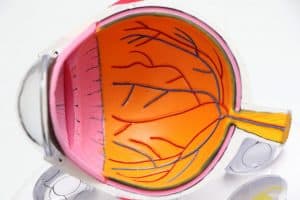Featured Products
Explore Products- In-Stock Tumor Cell Lines
- Human Orbital Fibroblasts
- Human Microglia
- Human Pulmonary Alveolar Epithelial Cells
- Human Colonic Fibroblasts
- Human Type II Alveolar Epithelial Cells
- Human Valvular Interstitial Cells
- Human Thyroid Epithelial Cells
- C57BL/6 Mouse Dermal Fibroblasts
- Human Alveolar Macrophages
- Human Dermal Fibroblasts, Adult
- Human Lung Fibroblasts, Adult
- Human Retinal Muller Cells
- Human Articular Chondrocytes
- Human Retinal Pigment Epithelial Cells
- Human Pancreatic Islets of Langerhans Cells
- Human Kidney Podocyte Cells
- Human Renal Proximal Tubule Cells




 for which effective treatments are currently lacking. Moreover, damage to RPE cells is closely associated with numerous retinal degenerative conditions, including age-related macular degeneration, retinitis pigmentosa, and Stargardt’s disease.
for which effective treatments are currently lacking. Moreover, damage to RPE cells is closely associated with numerous retinal degenerative conditions, including age-related macular degeneration, retinitis pigmentosa, and Stargardt’s disease.